Industries

.svg)
The financial industry, and all those it impacts, has much to gain from quantum computing, and can benefit from the thoughtful deployment of quantum sooner than any other industry. Whether a risk analysis justifies a family receiving a loan for which they would normally be rejected or an individual gains financial competence and independence through better pricing of assets or options, the benefits of quantum computing in the financial industry are far-reaching.
.svg)
.svg)
Dealing with an ocean of data, complex models and rapidly changing conditions is where quantum computers can provide assistance. Because of its ability to run numerous options in parallel, a quantum computer could theoretically take a few seconds to perform what a classical computer completes in many hours. The potential savings and competitive advantage of doing so cannot be underestimated.

.svg)
From battery design to autonomous routing, Classiq delivers powerful efficient quantum programs. Classiq's high-level development environment delivers automatically optimized implementations and effortlessly scalable quantum programs you can run on any quantum hardware.

.svg)
Manufacturing will soon be dramatically changed by quantum computing, from how products are designed to how they are fabricated and even the raw materials they are created from. The manufacturing industry makes up 16% of the global GDP and 14% of all employment, according to McKinsey. With quantum computing poised to have a significant global impact on the manufacturing industry, it's critical to understand what this impact will look like.
.svg)
Harness scalable quantum software to tackle grid optimization, renewables integration, and network resilience. Classiq's high-level development environment delivers automatically optimized implementations and effortlessly scalable quantum programs you can run on any quantum hardware.








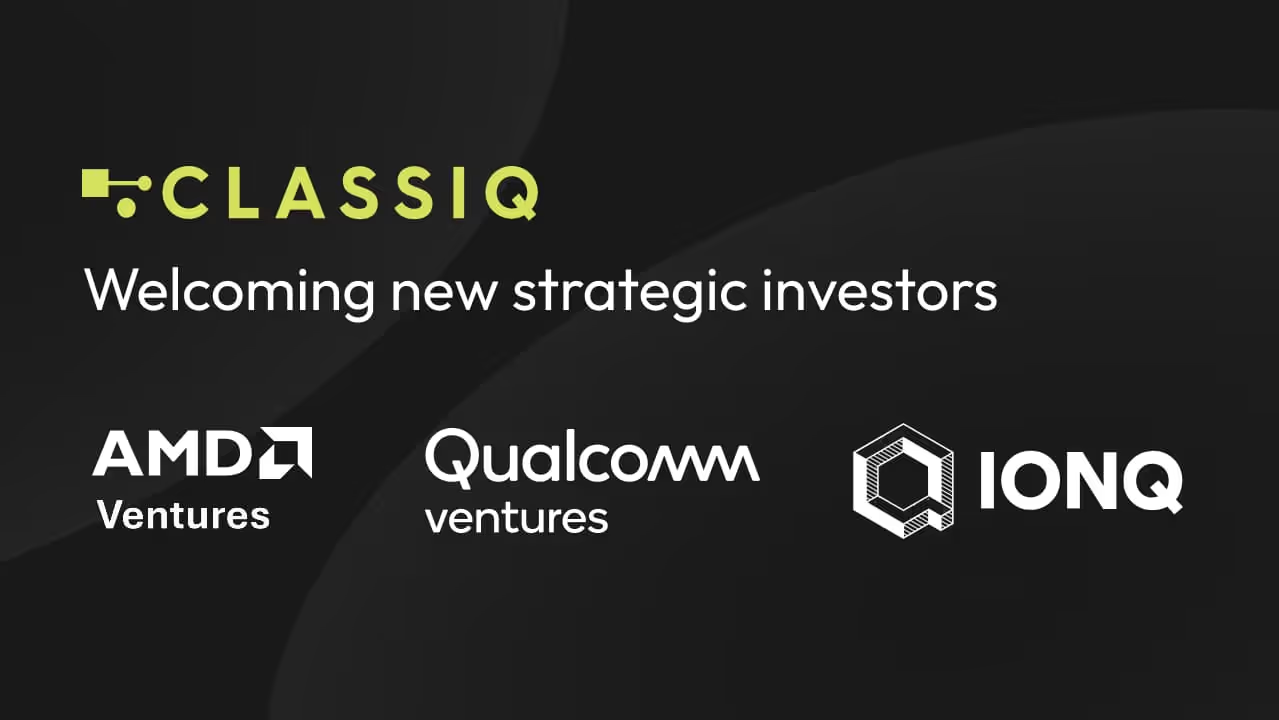







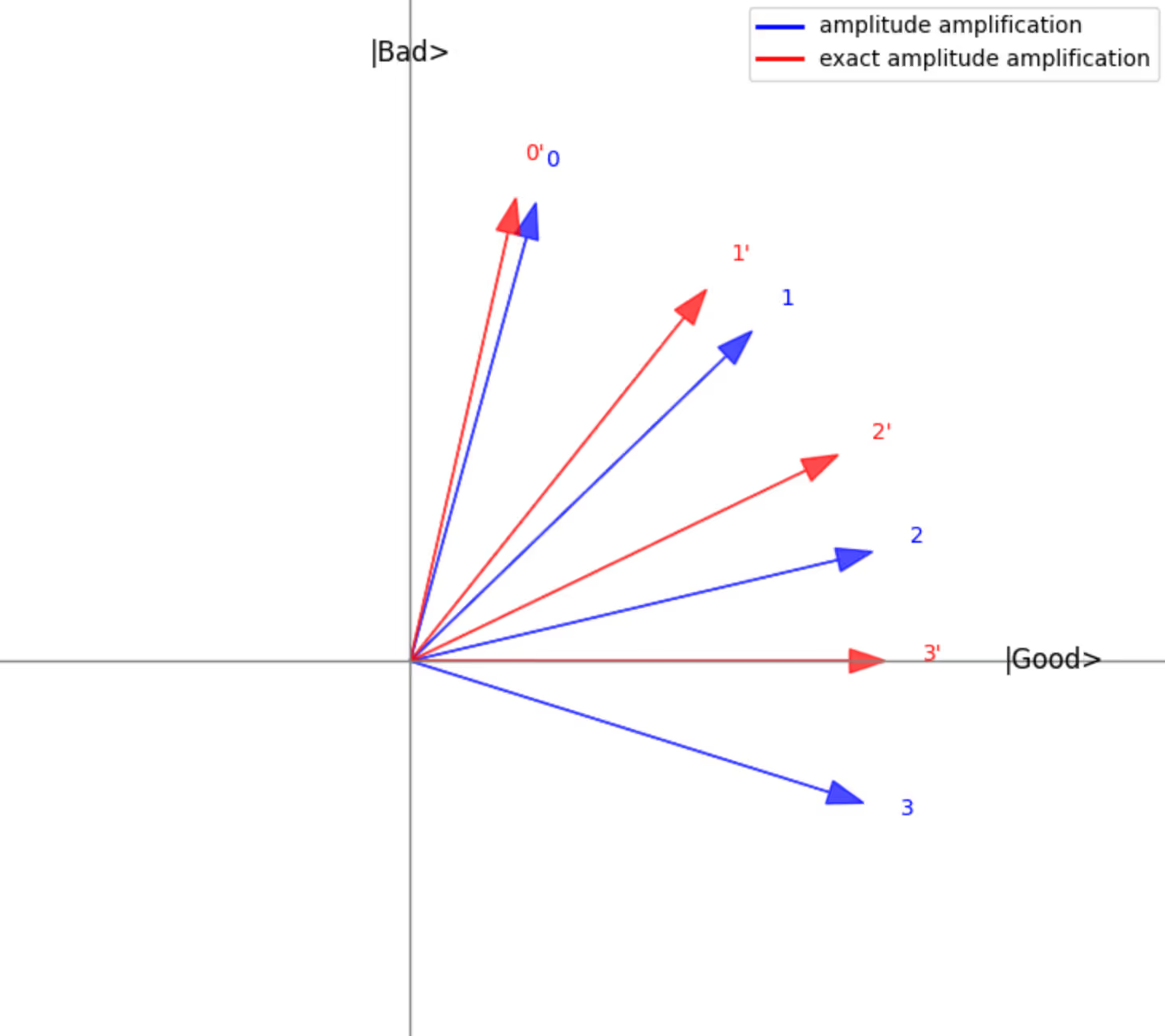
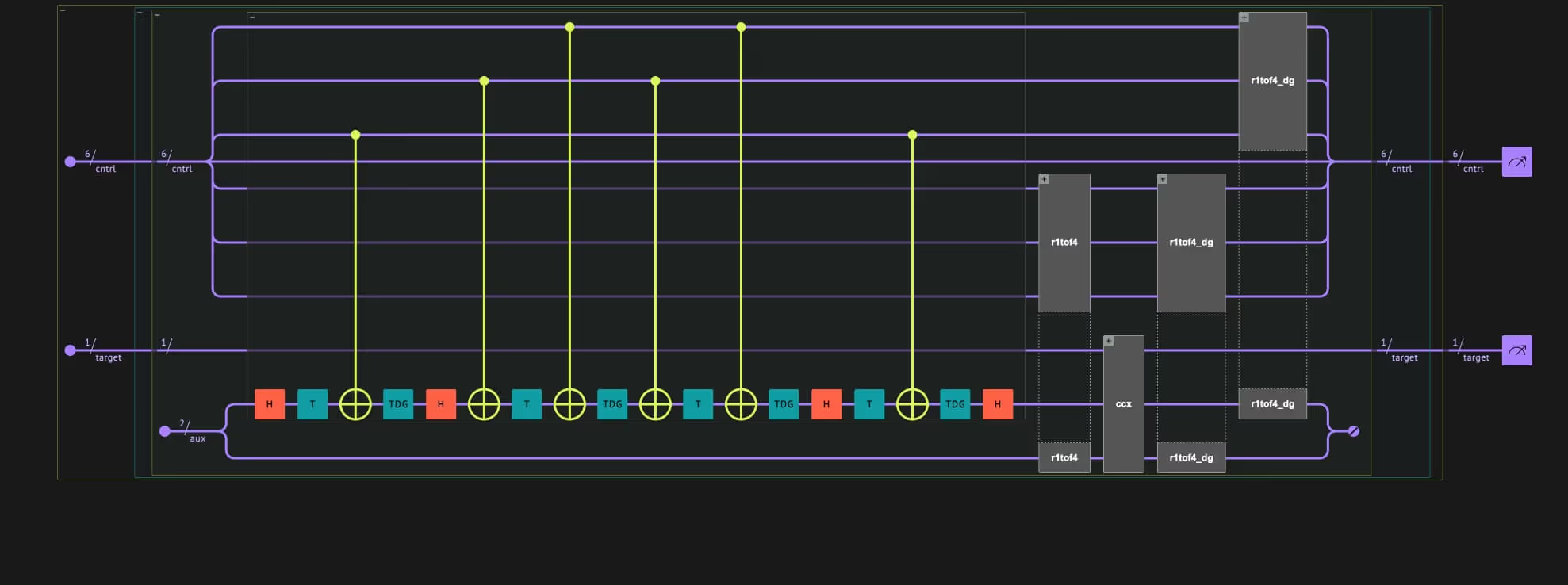





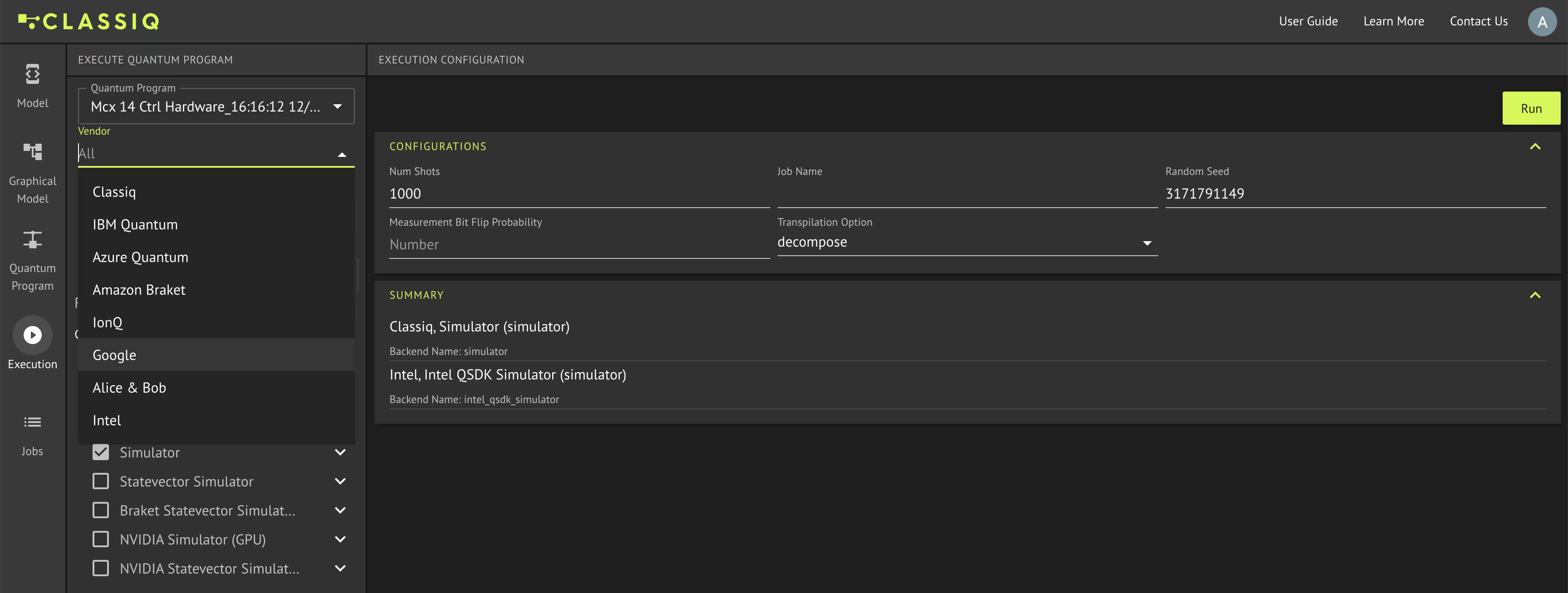

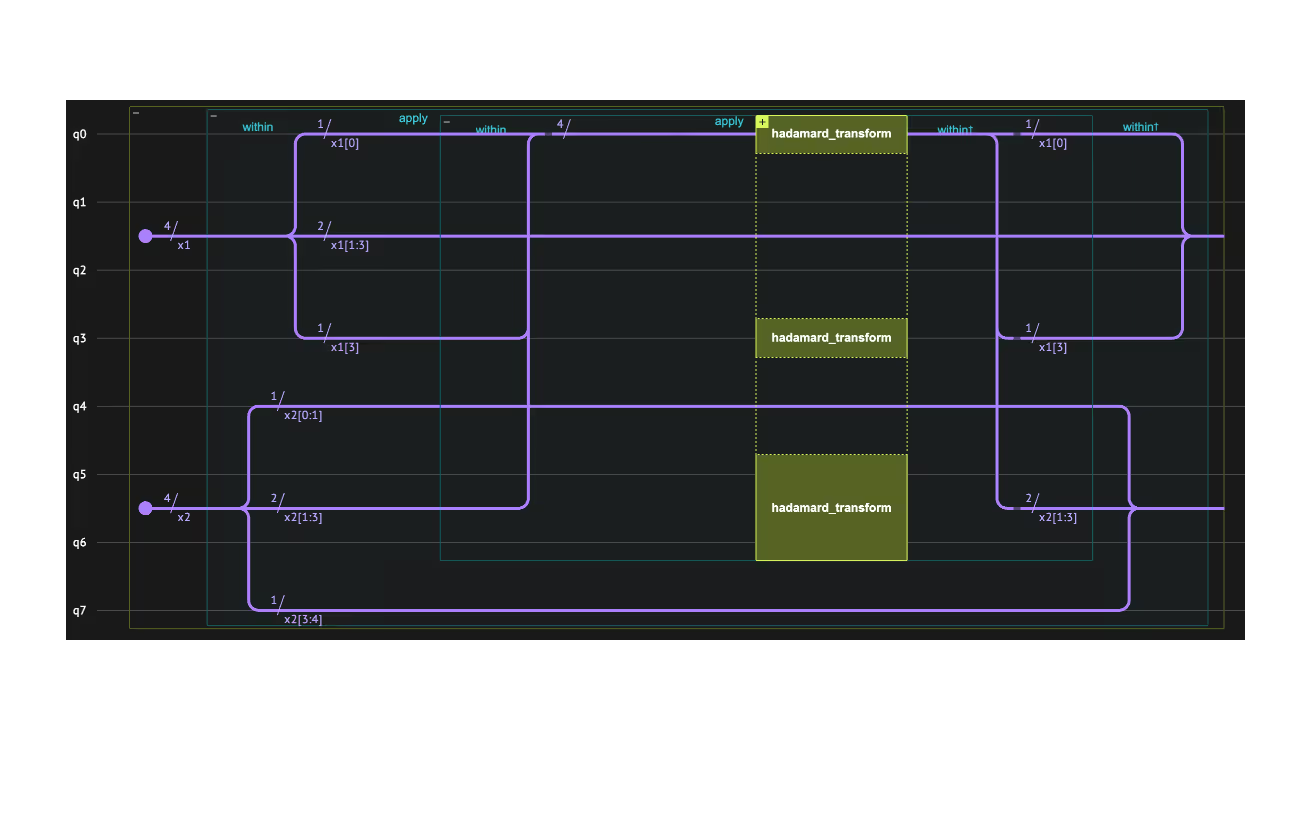












.avif)
.avif)

.avif)
.avif)
%20(1).avif)
.avif)
.avif)
.avif)















.avif)

.avif)
-main.avif)

-main.avif)
_main.avif)








.avif)


















.avif)





.avif)
.avif)

.avif)
.avif)





